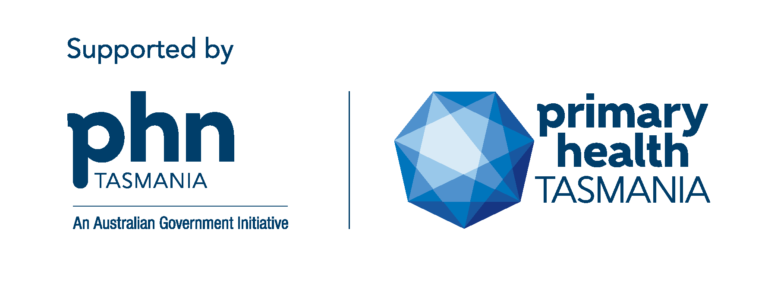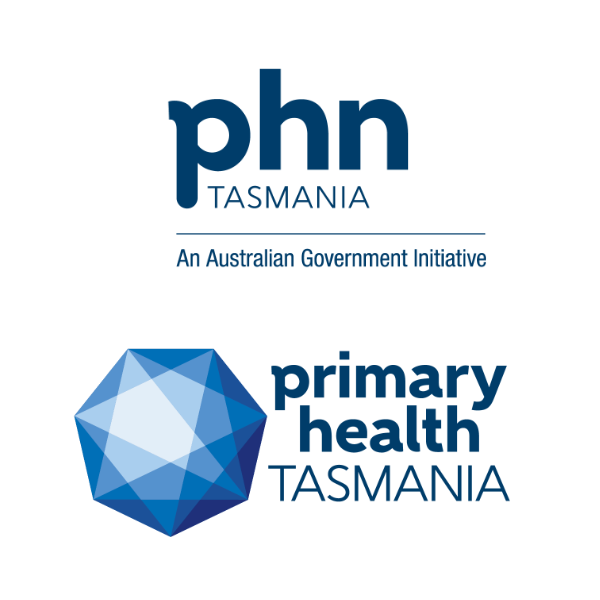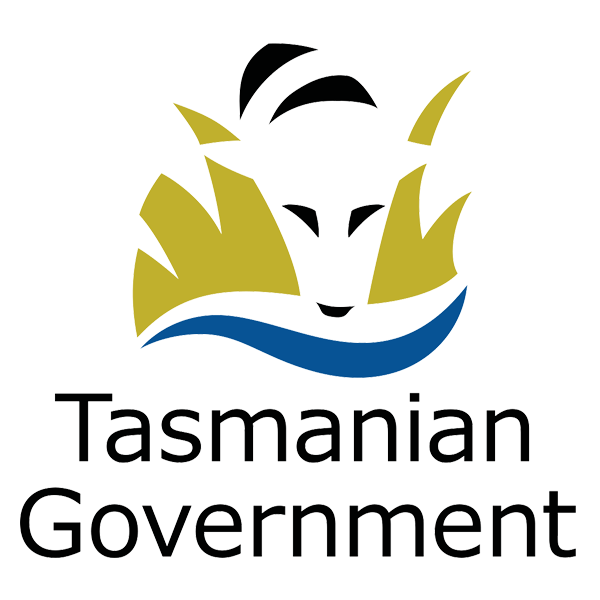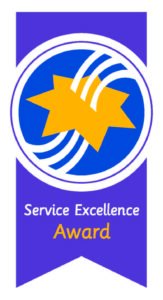Tasmanian Alcohol, Tobacco and other Drugs Communications Charter
A shared commitment to non-stigmatising language, audio and visuals when reporting, communicating or publishing materials in relation to alcohol, tobacco and other drugs subject matter.
The community services sector, media, and Tasmanian government acknowledge the influence and impact of how we choose to communicate about the use of alcohol, tobacco and other drugs in our communities.
We know that how we communicate about alcohol, tobacco and other drug use, and people who use alcohol, tobacco and other drugs, has the power to:
- reduce stigma for people who use alcohol, tobacco and other drugs
and their families, and - encourage people to seek help when they need it.
We acknowledge that all people deserve dignity and respect regardless of their current or prior alcohol, tobacco and other drug use. We want to ensure that everyone in our community is safe and healthy.
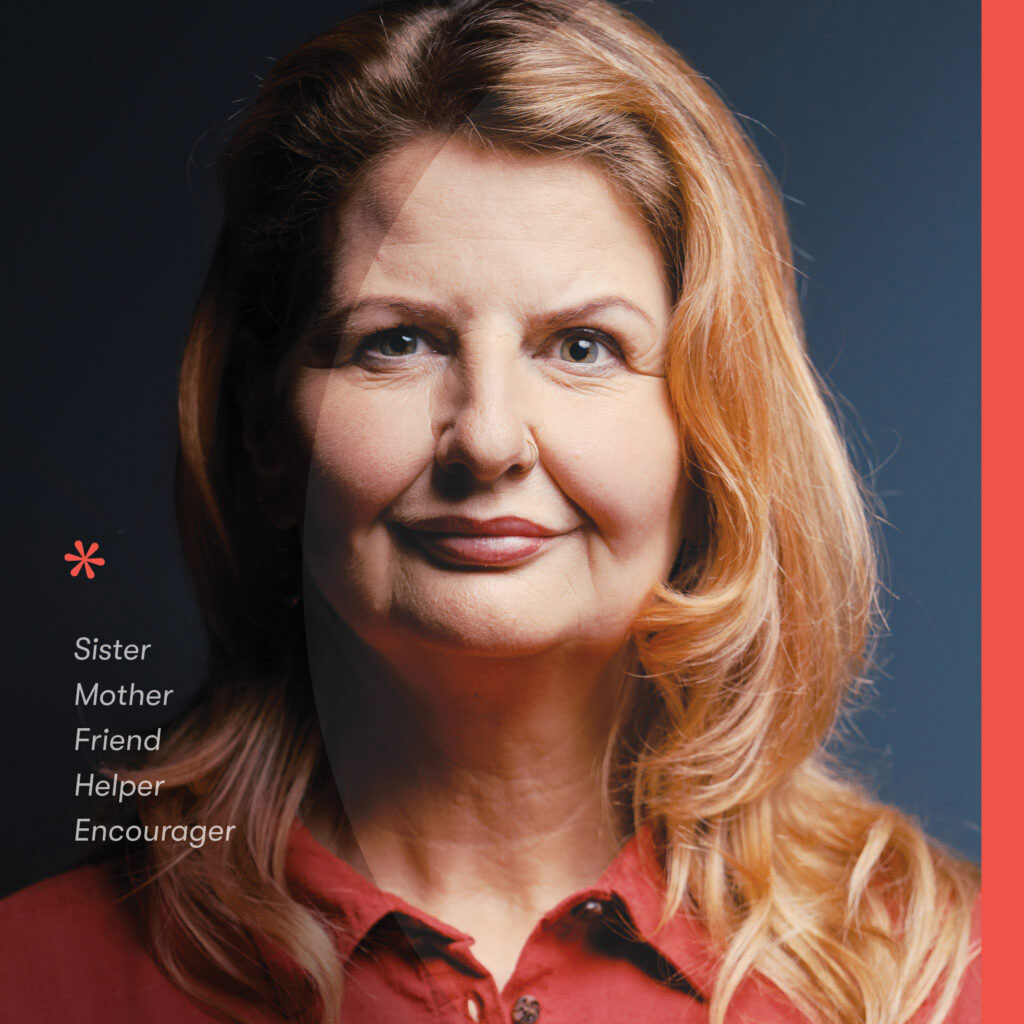
This Charter is our commitment to changing behaviours and norms in our industries and organisations, to achieve positive outcomes for people in our community who use alcohol, tobacco and other drugs, and the Tasmanian community as a whole.
The purpose of this Charter is to help us to communicate ethically, respectfully and responsibly in the quest to reduce stigma, minimise harm and ultimately encourage people to seek help if they want or need it.
“You can’t read on the front page that you’re ‘the very worst of humanity’ and not have it sink in to some extent. And the photos – those photos can be really damaging to people using drugs, they make you think ‘that’s all people see, so that’s where I’ll end up’. Shifting those prejudices is so important. That stigma has to be broken, and this Charter is the way to do it.”
Kerrie, Lived Experience Advocate
As signatories, we agree:
Alcohol, tobacco and other drug use is a complex health issue with many contributing factors
- We agree to avoid communication that places a moral value on alcohol, tobacco and other drug use, or people who use alcohol, tobacco or other drugs.
- We agree to communicate alcohol, tobacco and other drug use as a health issue.
- We agree to take an evidence-based approach to communicating about the causes of or influences on a person’s use of alcohol, tobacco or other drugs.
- We agree that harms experienced by people who use alcohol, tobacco or other drugs often result from other factors including stigma and discrimination, rather than just the substances alone.
People are at the heart of alcohol, tobacco and other drug use
- We agree to use a human-centric approach to communicating about alcohol, tobacco and other drugs, always remembering that the person is more than their alcohol, tobacco or other drug use and they deserve respect.
- We agree to refer to the person first and their use second, e.g. ‘a person who uses drugs’.
- We agree to include a broader view when describing a person whenever possible, including other qualities or values they hold rather than their alcohol, tobacco or other drug use as an isolated descriptor. People who use drugs are also parents, family members, friends, volunteers, or professionals, among many more possibilities.
- We agree to remember that people who use alcohol, tobacco or other drugs also have families and loved ones who are impacted by our communications.
- We agree that the perspectives of people with lived experience are important when communicating about alcohol, tobacco and other drugs.
- We agree to ensure that people with lived experience who are involved in our communications are provided with opportunities to debrief and information on how to access support.
Sensationalist communications are not helpful
- We agree not to use polarising and aggressive language such as ‘fight’, ‘combat’, ‘battle’ or ‘war’ when referring to alcohol, tobacco and other drugs or people who use alcohol, tobacco and other drugs.
“I think that the drug culture in the country needs to be altered dramatically from a dark place to a lighter one, regardless of its harm, as a culture brought into the light is more open and accountable. With a more positive inflection, people afraid to seek help, will come forward and I think.. more people will seek help, rather than take up the substance”
Max, Lived Experience Advocate
Specialist treatment is available for alcohol, tobacco and drug use
- We agree to always communicate with encouragement and support for people who seek help.
- We agree to avoid demoralising or disempowering language such as ‘hopeless’ in communications about people who use alcohol, tobacco or other drugs.
- We agree that everyone has the right to make decisions about their own healthcare, and agree not to use language which places moral judgement on a person’s decisions regarding their alcohol, tobacco or other drug use or treatment.
- We agree not to imply that everyone who uses alcohol, tobacco or other drugs needs or should want treatment.
- We agree to include appropriate, relevant and accessible help-seeking information along with all references to alcohol, tobacco or other drugs.
Alcohol, tobacco and other drug use is well-researched
- We agree that there is sufficient information and expertise in the area of alcohol, tobacco or other drug use for us to draw on to enable our communications to be evidence-based.
- We agree to refer to appropriately weighted, balanced and unbiased evidence rather than uninformed opinion-based commentary when reporting or communicating about alcohol, tobacco or other drug use.
- We agree to use terminology aligned with the agreed scientific or statistical meaning, and therefore favour language such as ‘increase’ or ‘decrease’ over terms like ‘significant’ and ‘epidemic’ (unless those terms are being used in the context of their formal definitions).
Our influence goes beyond stigma
- We agree not to glamorise, glorify or romanticise alcohol, tobacco or other drug use through our communications
Our impact occurs through more than words
- We agree to apply these principles and guidelines to our audio and visual communications, as well as written communications.
- We agree that visual depictions of alcohol, tobacco or other drug use and people who use drugs strongly influence
public perception. - We agree to being mindful of our body language when interacting with people who use alcohol, tobacco or other drugs, to ensure they feel respected and valued, whether our interactions are being recorded or not.
“I hope in time this Communications Charter becomes the norm, it would mean better outcomes for everybody – lived experience, media, community, everyone.”
Kerrie, Lived Experience Advocate
We commit to all of the above.
- We also commit to being allies with people in our community who use alcohol, tobacco or other drugs and their families and friends in, and encouraging our colleagues to engage with these guidelines.
- We commit to identifying and actively addressing non-compliance with these guidelines.
Will you join us? Add your name to the list of signatories.
Resources and references
Are you looking for practical guidance on how to to communicate about alcohol, tobacco and other drugs?
ATDC Image Guidelines How we can choose imagery which minimises stigma against people who use alcohol and other drugs
Mindframe for Alcohol and other Drugs (Everymind) mindframe.org.au/alcohol-other-drugs
The Power of Words (Alcohol and Drug Foundation) adf.org.au/resources/power-words
When communicating about mental health, mental illness or suicide, refer to: Tasmanian Communications Charter: A state-based approach to Mental Health and Suicide Prevention: tascharter.org
Further resources are in development and will be available soon, please contact communications@atdc.org.au if you are interested in learning more.
Download a copy of the Tasmanian Alcohol, Tobacco and other Drugs Communications Charter here:
References
The Tasmanian Alcohol, Tobacco and other Drugs Communications Charter was developed with input from stakeholder representatives from the Tasmanian alcohol, tobacco and other drugs sector, the Tasmanian media industry, Lived Experience Advocates, Mindframe and Common Cause. The Charter was informed by the Mindframe for Alcohol and other Drugs guidelines and the Alcohol and Drug Foundation’s ‘The Power of Words’ resource. It also drew from public participation approaches to lived experience and community involvement in healthcare, both in Australia and internationally. The Hello Tas Health Literacy tool (TasCOSS) was also referred to.
Further information and examples used to inspire and influence the Charter include:
- The Health Canada Policy Toolkit for Public Involvement in Decision Making, 2000, Government of Canada
- Development of a consumer engagement strategy for the commission, Background paper, 2008, Australian Commission on safety and quality in healthcare
- Statement on consumer and community involvement in health and medical research, September 2016, National Health and Medical Research Council
- Guidelines for Guidelines: Practical advice on how to meet the 2016 NHMRC Guideline Standards – consumer involvement, 2016, National Health and Medical Research Council
- The Statement of Principles for Consumer Involvement in Cochrane, July 2017, Cochrane Consumer Network
